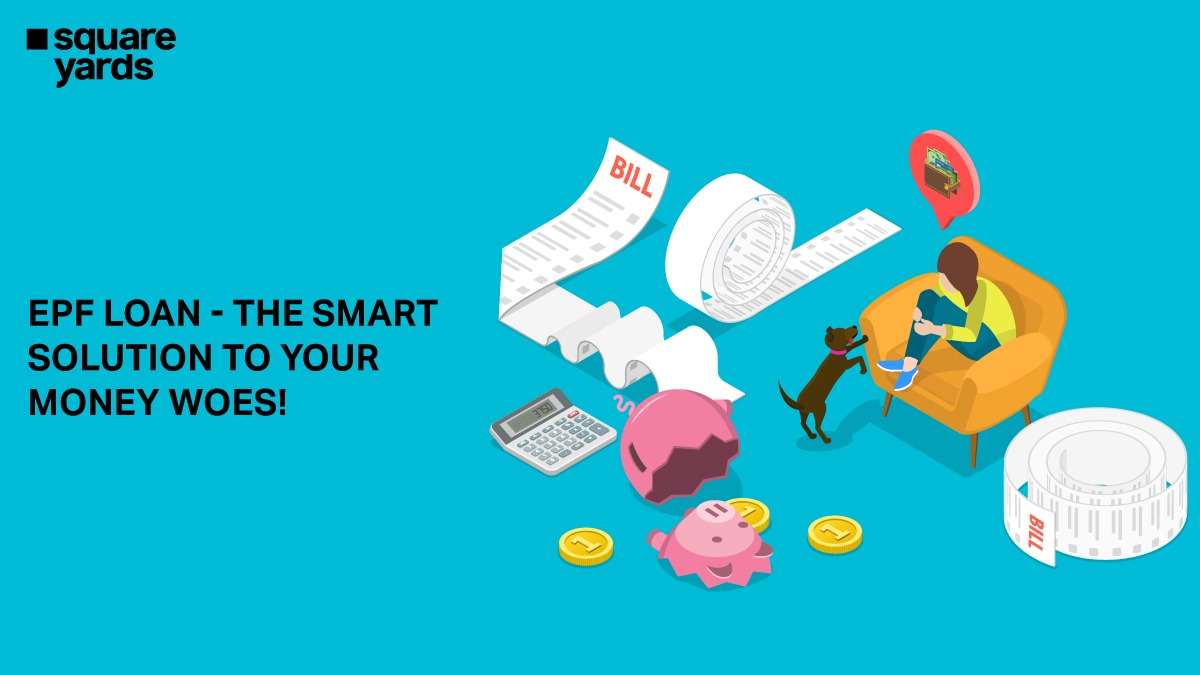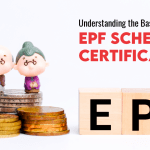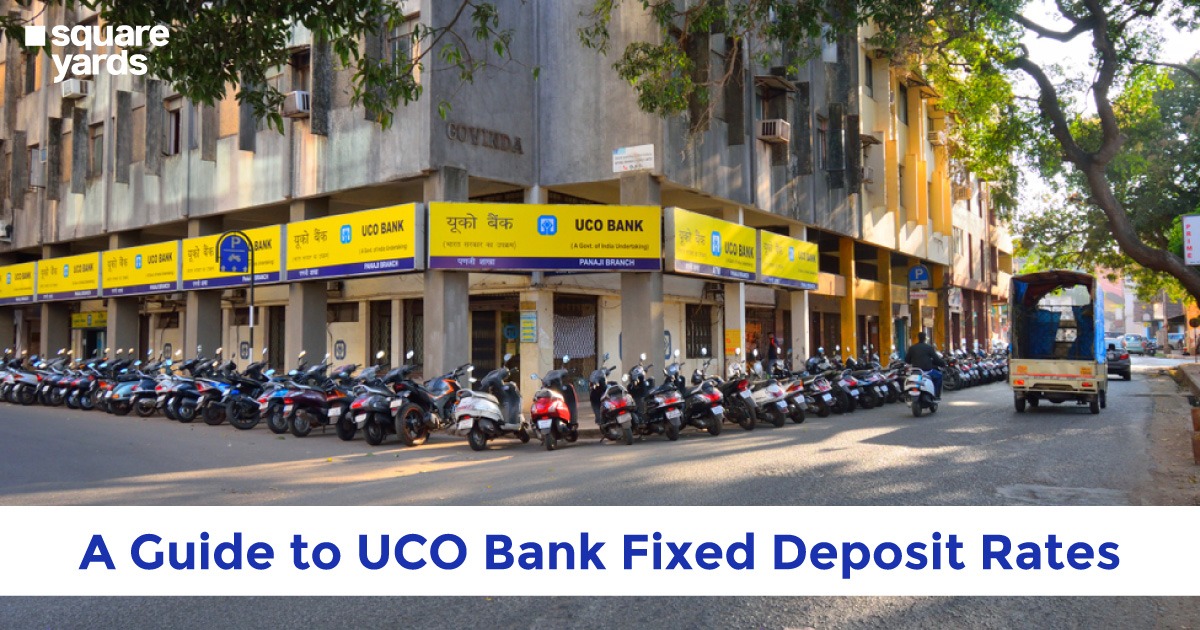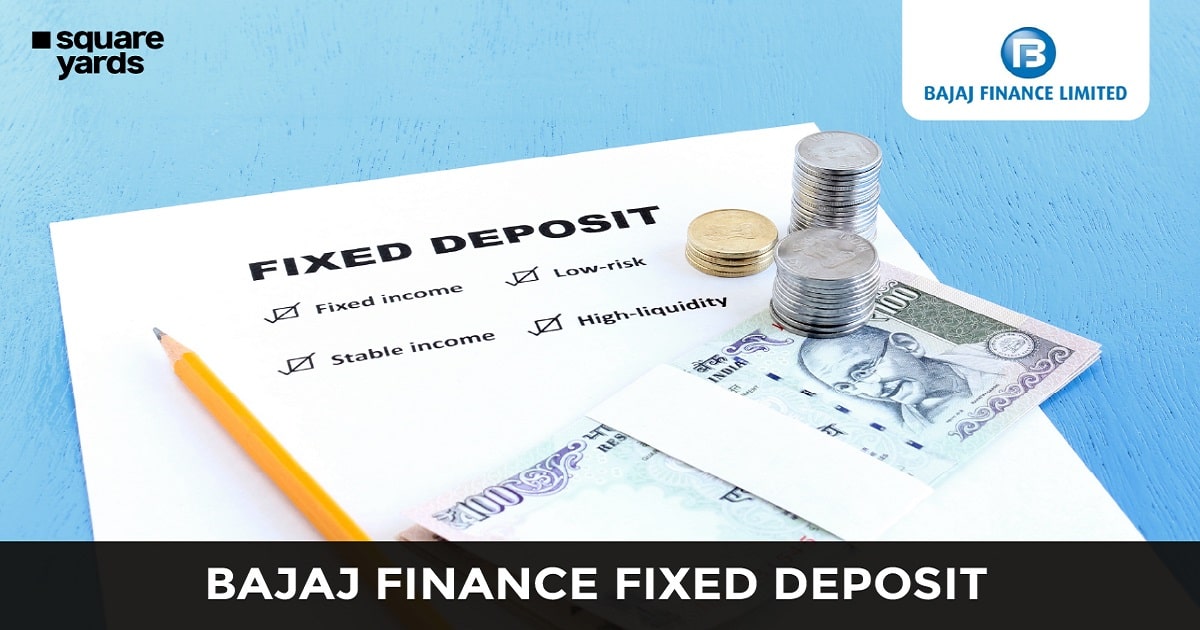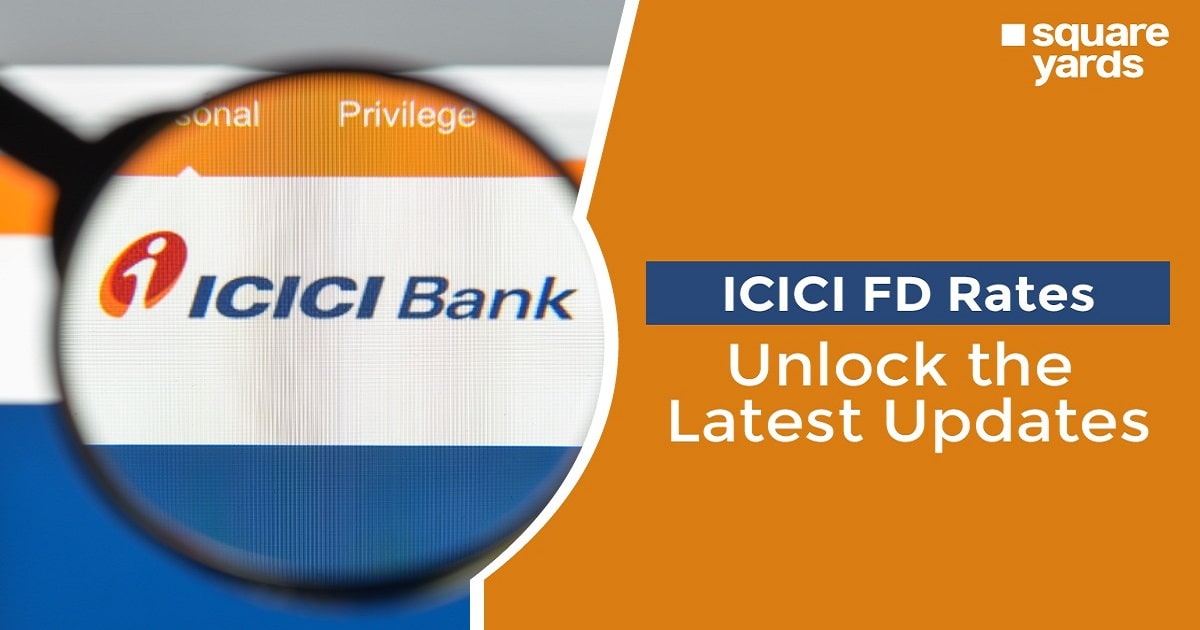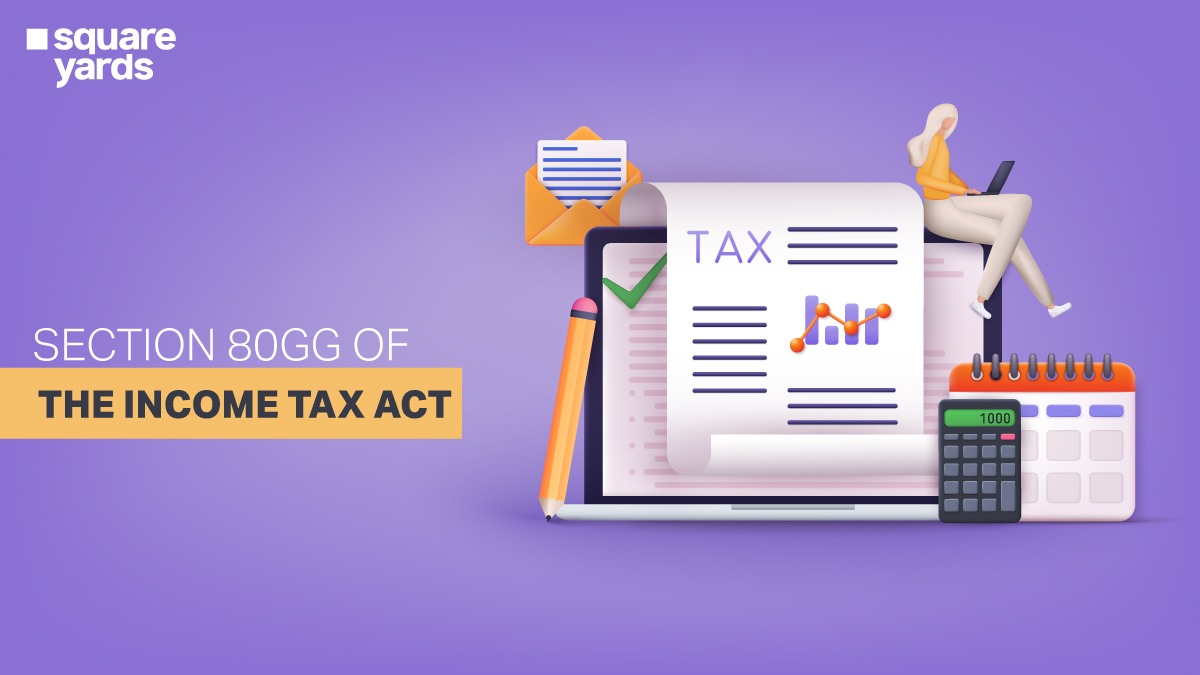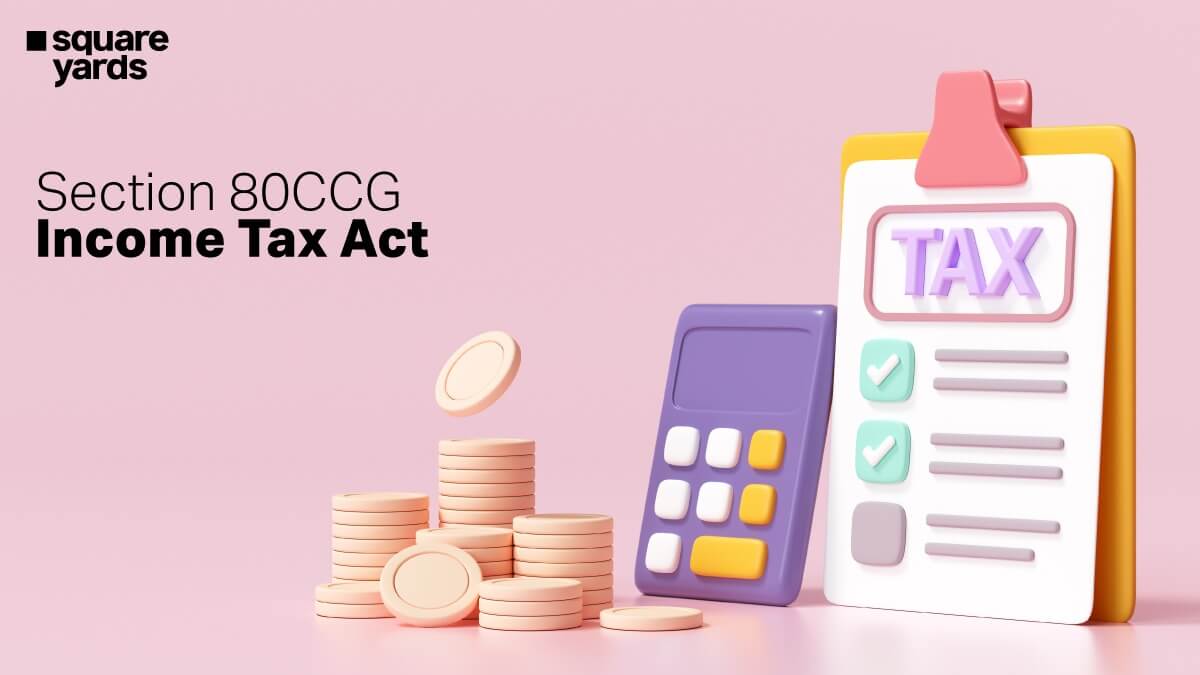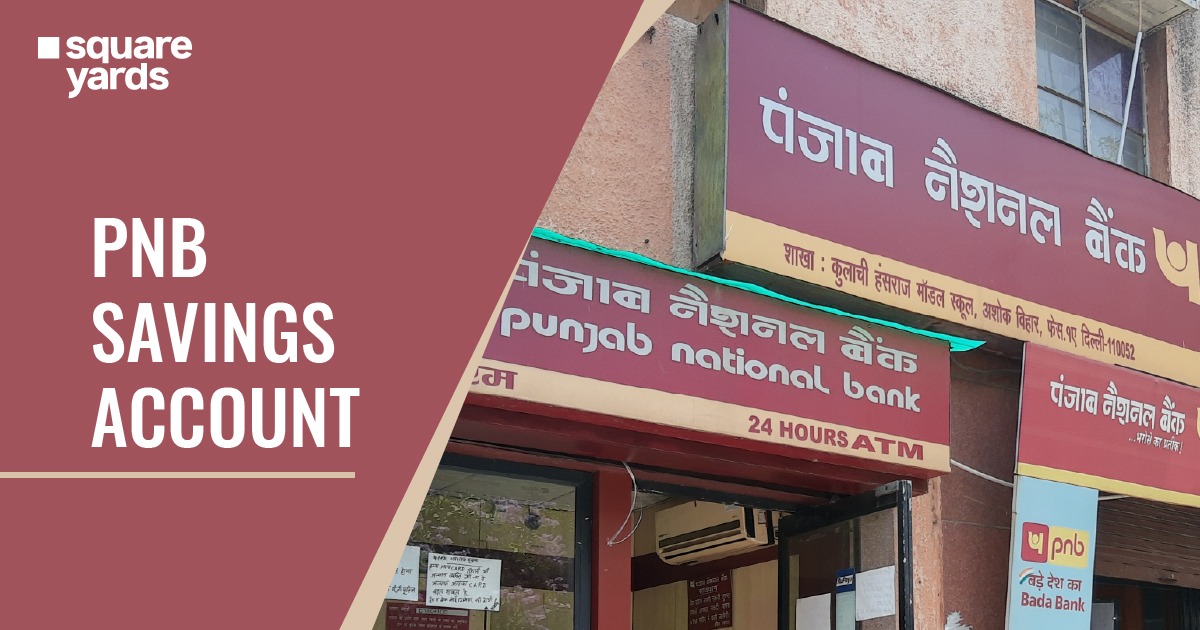Employee Provident Fund (EPF) is a retirement savings scheme where a certain amount of money is deducted from an employee’s salary and deposited into a savings account. The employer also contributes to this account. The money in the account accumulates over time and can be withdrawn by the employee upon retirement, or in some cases, in the event of certain emergencies. A loan against EPF is a great way to save for your future and ensure financial security during your golden years. So, if you’re an employee, keep track of your EPF contributions and take advantage of this valuable benefit.
Table of contents
Who is Eligible to Apply for an EPF Loan?
Employees who are registered under the Employees’ Provident Fund Organization (EPFO) can apply for an EPF loan in India. However, certain eligibility criteria need to be fulfilled in order to apply for the loan:
- The employee should have an active EPF account with a minimum balance as prescribed by the EPFO.
- The employee should have completed at least 5 years of service.
- The employee can only apply for a loan against a PF loan for specific purposes such as purchasing a house, repayment of a housing loan, marriage, education, or medical expenses.
- The amount of loan that can be availed is limited to a maximum of 50% of the employee’s share of the EPF balance.
- The employee should not have had any previous loans under the EPF scheme.
It is important to note that the eligibility criteria may vary depending on the specific policies and guidelines of the EPFO.
How do I apply for an EPF loan?
To apply for an EPF loan in India, you need to follow these simple steps:
- Check your eligibility: You must have a minimum of 5 years of continuous service, and your loan against the EPF account must have a balance that meets the loan amount requirements.
- Fill out the application form: You can get it from your employer or download it from the EPF website. Fill out the form with accurate details.
- Submit the form: Once you have completed the application form, submit it to your employer, who will forward it to the EPF office.
- Wait for approval: The loan against the PF office will verify your application and eligibility before approving your loan.
- Receive the loan: If your loan application is approved, the loan amount will be disbursed directly to your bank account.
In summary, to apply for an EPF loan in India, you must check your eligibility, fill out the application form, submit it to your employer, wait for approval, and receive the loan amount in your bank account.
How Long does it Take to Process an EPF Loan Application?
Processing time for a loan against a PF application varies depending on various factors, such as the completeness of the application, the accuracy of information provided, and the workload of the EPF department. However, on average, it can take around 14 working days to process an EPF loan application.
In simpler terms, it usually takes about two weeks for your EPF loan application to be processed. Keep in mind that this is just an estimate, and the actual processing time may be shorter or longer, depending on your circumstances.
EPF Advance Rules – What are the Repayment Terms for an EPF Loan?
EPF (Employee Provident Fund) loans are available for members who have contributed to the fund for a certain period of time. If you need money for various reasons like marriage expenses, education, home purchase, or repair, you can apply for an EPF advance loan.
Repayment terms for loans against EPF are straightforward. You must repay the loan amount in monthly installments, which include principal and interest. The EPF organization decides the repayment period, which can vary based on the loan amount and purpose.
EPF loans are easy to repay as the amount is deducted automatically from your monthly salary, so you don’t have to worry about missing payments. Additionally, the interest rate for EPF loans is generally lower than other loans, which makes it an affordable option.
However, it’s important to remember that taking an EPF loan means reducing your EPF balance, which can affect your retirement savings. Therefore, it’s recommended to only take an EPF loan when you urgently need funds and have no other options.
Conditions When a Loan Can Be Availed
In order to avail of an EPF loan, the following conditions generally apply:
- Eligibility: The individual must be a member of the Employees’ Provident Fund (EPF) scheme for a minimum period of 3 years.
- Purpose of loan: The loan must be taken for any of the following purposes: a) purchase or construction of a house, b) repayment of an outstanding housing loan, c) home renovation, or d) purchase of a plot of land.
- Loan amount: The individual can avail a loan up to a maximum of 50% of their own contribution to the EPF account (i.e. excluding the employer’s contribution) or a certain percentage of the balance available in their EPF account, whichever is lower.
- Repayment period: The loan must be repaid within a maximum period of 36 months or the remaining period of service, whichever is lesser.
- Interest rate: The interest rate charged on loan is generally lower than prevailing market rates, and is set by the Employees’ Provident Fund Organization (EPFO).
- No existing loans: An individual cannot avail of another loan while an existing EPF loan is still outstanding.
It is important to note that the specific conditions for availing of an EPF loan may vary depending on the policies of the EPFO and any updates or changes made to them over time.
Status of the loan
The eligibility requirements, loan application procedure, and loan approval procedure are only a few examples of the variables that affect the status of an EPF (Employees’ Provident Fund) loan. EPF account holders who meet specific requirements and need financial assistance are often given EPF loans. Based on the balance in the EPF account and the loan’s purpose, the loan amount and repayment duration are decided. Applications for EPF loans are processed by the relevant EPF offices, and the loan’s progress can be followed online. It is significant to note that based on the laws in the various nations, the conditions and availability of EPF loans may change.
You May Also Like
Frequently Asked Questions (FAQs)
What is the Maximum Amount of Money I Can Borrow Through an EPF Loan?
In India, the maximum amount of money you can borrow through an EPF (Employees’ Provident Fund) loan is limited to the total amount of your own contribution and the interest earned on it, which is capped at 75% of the total EPF balance.
What is The Interest Rate on an EPF Loan?
The interest rate on an EPF loan in India is currently 8.5% per annum.
Can I Apply for an EPF Loan Online?
Yes, you can apply for an EPF (Employees’ Provident Fund) loan online. The EPF organization has an online portal where members can apply for various services, including a loan. However, you must meet certain eligibility criteria and have a sufficient amount in your EPF account to be eligible for the loan.
What Happens if I Default on My EPF Loan?
If you default on your EPF loan, the outstanding balance will be deducted from your EPF account, including any accumulated dividends. In addition, you may be charged with a penalty and interest on the outstanding amount, and your ability to take out further EPF loans may be restricted. If the outstanding balance is not settled, legal action may be taken against you.
Can I withdraw my EPF Savings Without an Outstanding EPF loan?
Yes, you can withdraw your EPF savings while you have an outstanding EPF loan. However, the amount you can withdraw may be reduced depending on the outstanding loan balance.


